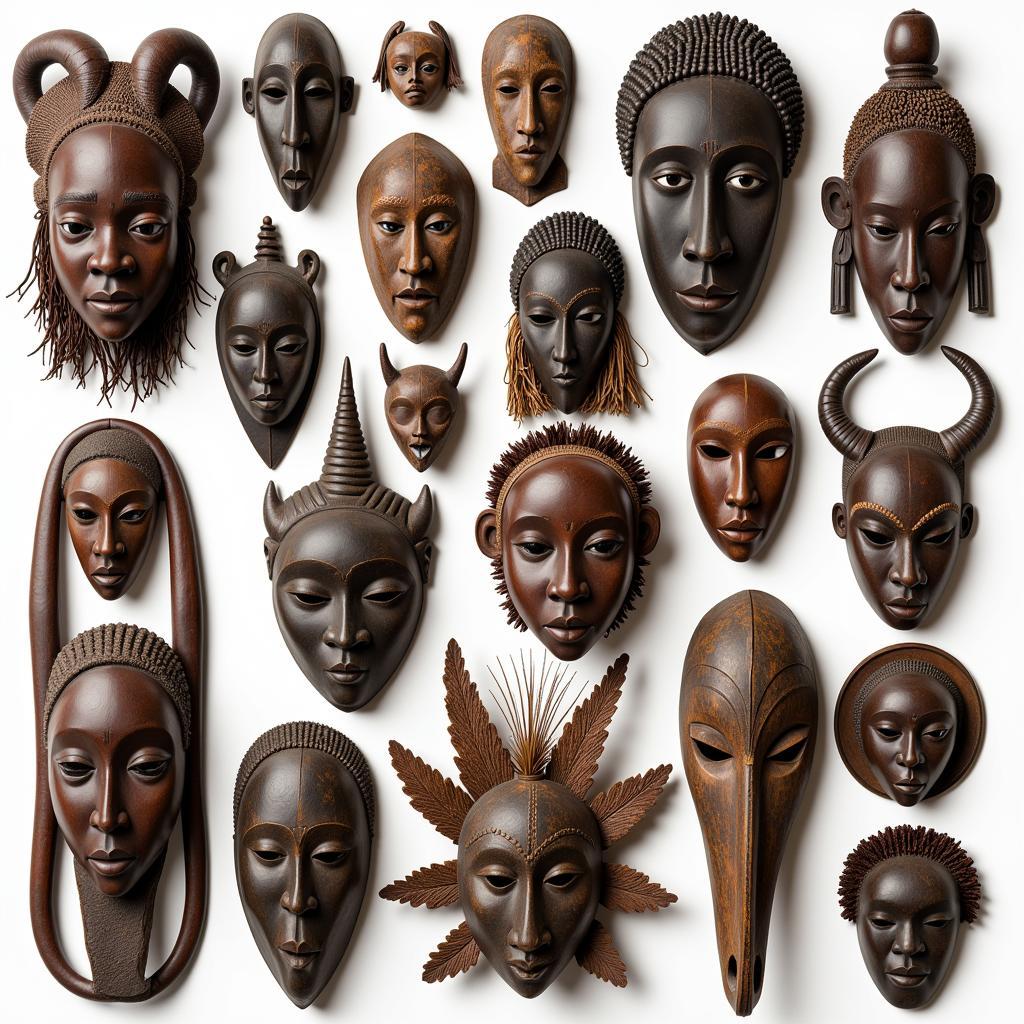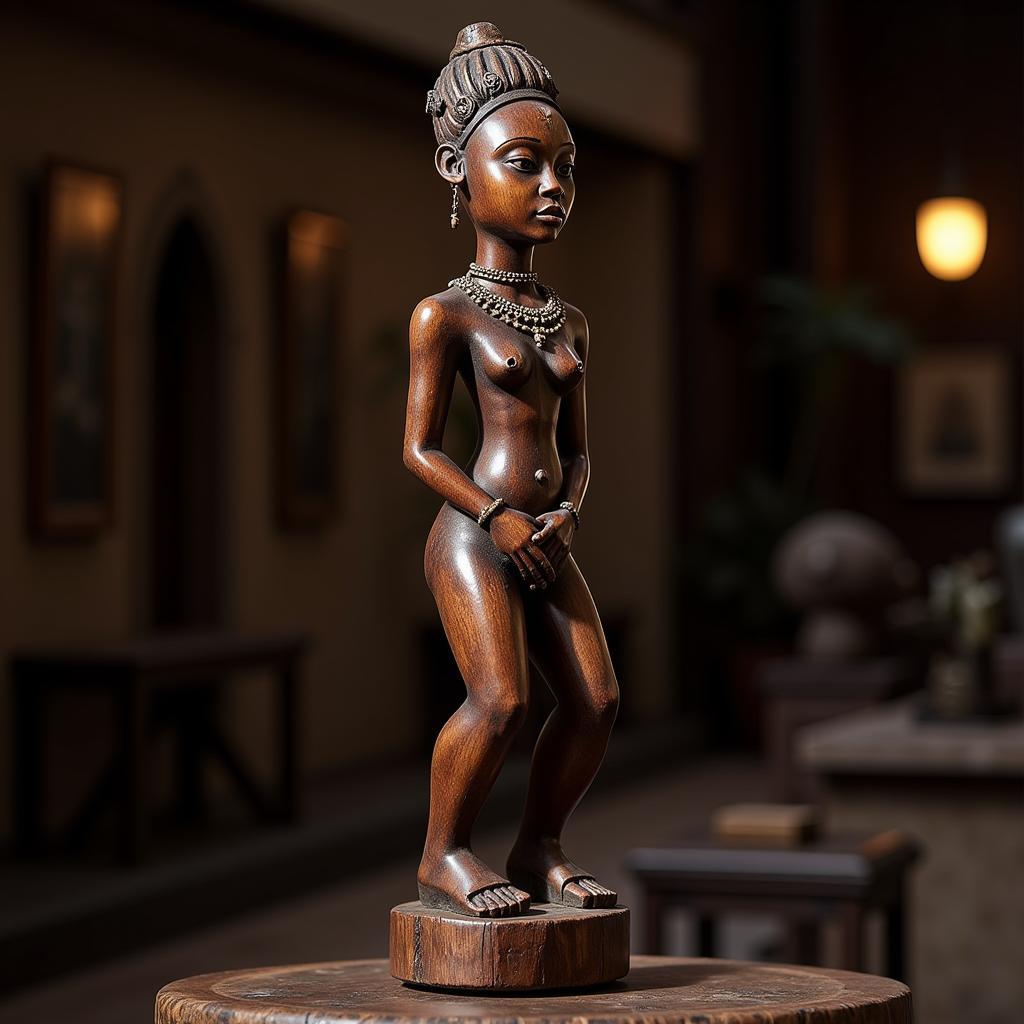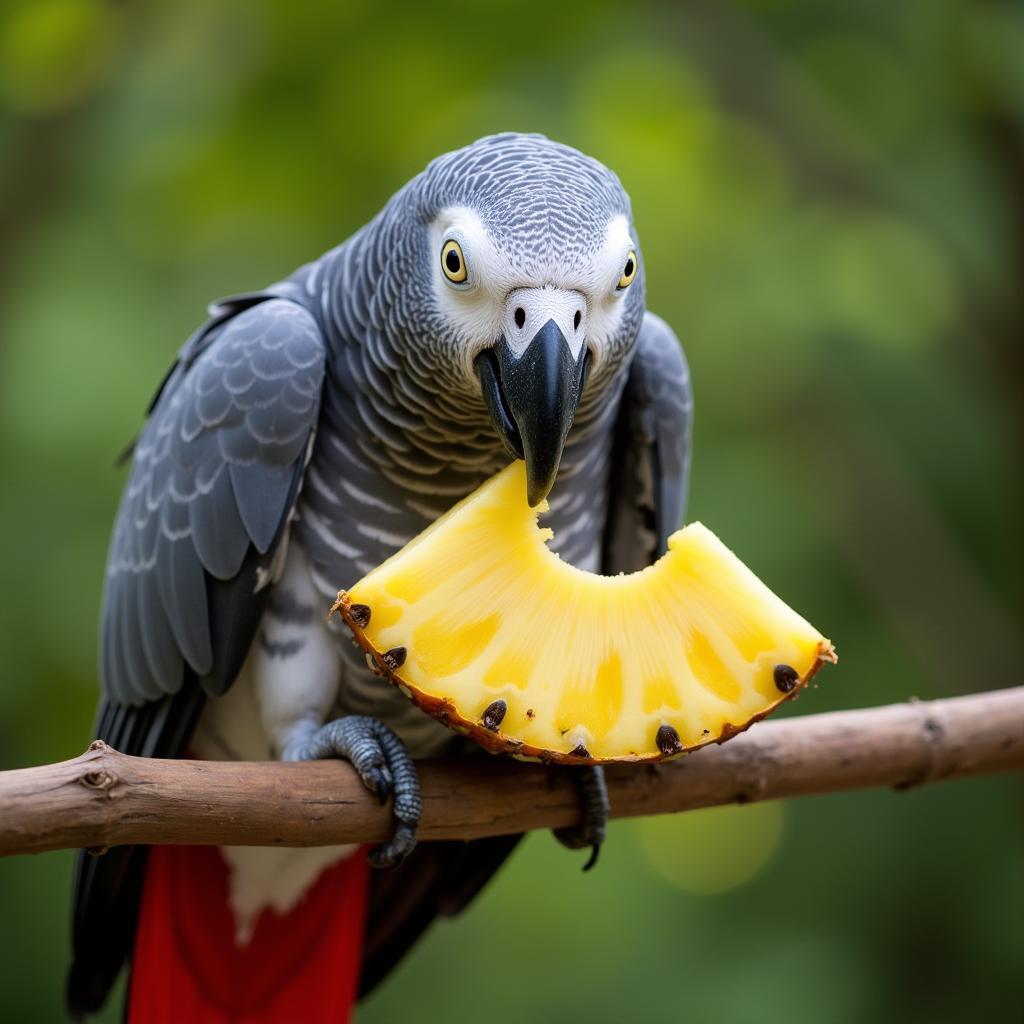African Curly Hair Men: Native Images and Cultural Significance
African curly hair men have long been a source of inspiration, showcasing diverse styles deeply rooted in tradition and culture. From intricate braids to free-flowing afros, these native images reflect a rich heritage and individual expression. This article delves into the captivating world of African curly hair for men, exploring its various forms, cultural significance, and the stories they tell.
The Diversity of African Curly Hair Styles
Across the vast continent of Africa, men’s curly hair takes on a remarkable array of forms, each unique to specific regions and ethnic groups. The tight coils of the Himba men of Namibia, often adorned with ochre and clay, symbolize their connection to the earth. In contrast, the elaborate braided patterns of the Wolof men in Senegal represent social status and spiritual beliefs. These hairstyles are not mere fashion statements; they are powerful symbols of identity, heritage, and belonging.
From the intricate cornrows of the Yoruba men in Nigeria to the majestic dreadlocks of the Rastafarian movement, African curly hair is a canvas for creativity and self-expression. These styles are often passed down through generations, carrying with them the wisdom and traditions of their ancestors.
Cultural Significance and Symbolism
African curly hair holds profound cultural significance, far beyond its aesthetic appeal. It is often seen as a symbol of strength, spirituality, and connection to one’s roots. In some cultures, the length and style of a man’s hair can indicate his age, social status, or marital status. For example, among the Maasai of Kenya and Tanzania, elaborate hairstyles are reserved for warriors, symbolizing bravery and prowess.
Furthermore, the process of hair grooming is often a communal activity, strengthening social bonds and passing on cultural knowledge. Women often play a vital role in creating and maintaining these intricate hairstyles, further highlighting the importance of community and shared traditions.
Maintaining and Caring for African Curly Hair
While African curly hair is undeniably beautiful, it also requires specific care and attention. Due to its unique texture, it can be prone to dryness and breakage. Traditional methods often involve using natural ingredients like shea butter, coconut oil, and aloe vera to moisturize and nourish the hair. These practices not only promote healthy hair but also connect individuals to their ancestral heritage.
Modern hair care products specifically designed for African curly hair are also readily available, offering a range of options for cleansing, conditioning, and styling. Understanding the specific needs of your hair type and adopting a consistent hair care routine is essential for maintaining its health and vibrancy.
African Curly Hair in the Modern World
Today, African curly hair is celebrated globally as a symbol of beauty and cultural pride. From the runways of fashion weeks to the silver screen, men are embracing their natural textures and showcasing the versatility of African curly hair. This growing acceptance and appreciation challenge Eurocentric beauty standards and promote a more inclusive and diverse representation of beauty.
Conclusion
African curly hair men native images are a testament to the rich cultural heritage and diverse beauty of the African continent. From traditional styles passed down through generations to modern interpretations embraced globally, these images tell a story of identity, resilience, and pride. By understanding and appreciating the cultural significance and diverse expressions of African curly hair, we gain a deeper appreciation for the beauty and complexity of African cultures.
FAQ
-
What are some common traditional African hairstyles for men?
Common styles include cornrows, braids, dreadlocks, and afros. -
What are some natural ingredients used to care for African curly hair?
Shea butter, coconut oil, and aloe vera are commonly used. -
How often should African curly hair be washed?
Washing frequency depends on hair type and individual needs, typically ranging from once a week to every two weeks.
Situations
You might be looking for images of African men with curly hair for inspiration for your own hairstyle, for a research project, or to celebrate the beauty of African culture. You might also be curious about the cultural significance of different hairstyles and grooming practices.
Related Articles
- The History of African Hairstyles
- Traditional African Grooming Rituals
- Natural Hair Care for Men
For any further assistance, please contact us: Phone: +255768904061, Email: [email protected], or visit us at: Mbarali DC Mawindi, Kangaga, Tanzania. We have a 24/7 customer support team.


